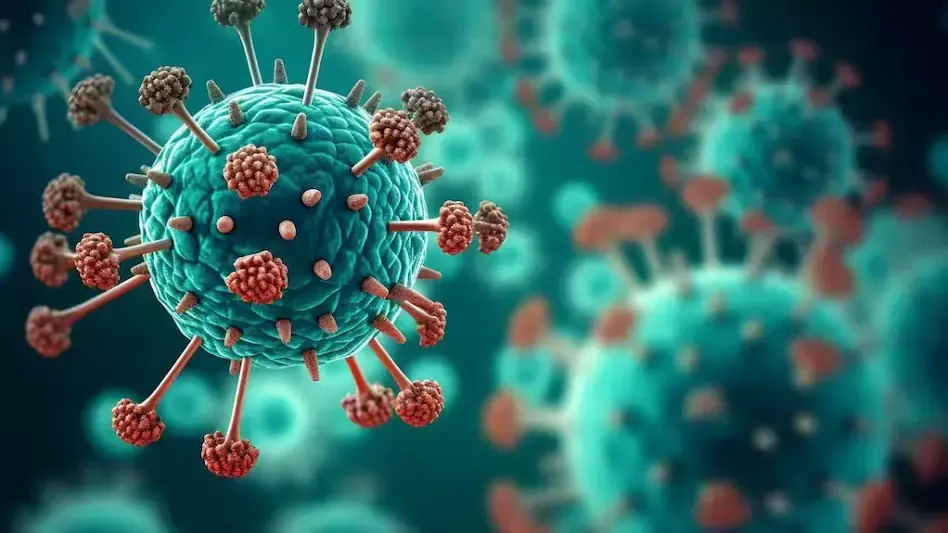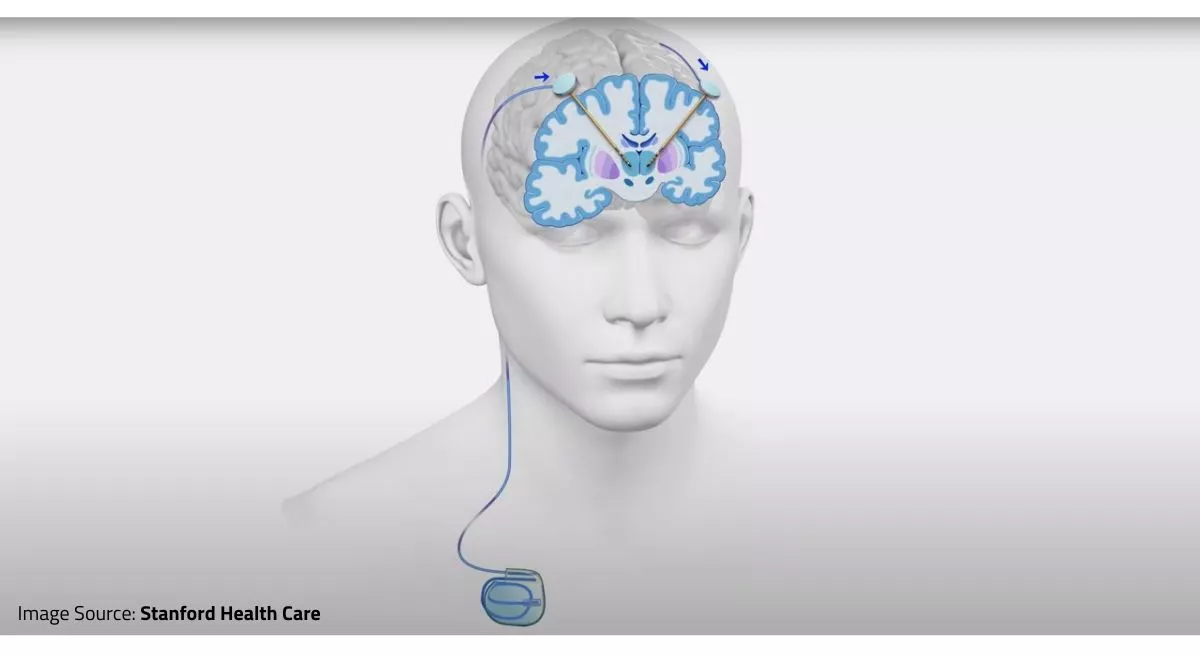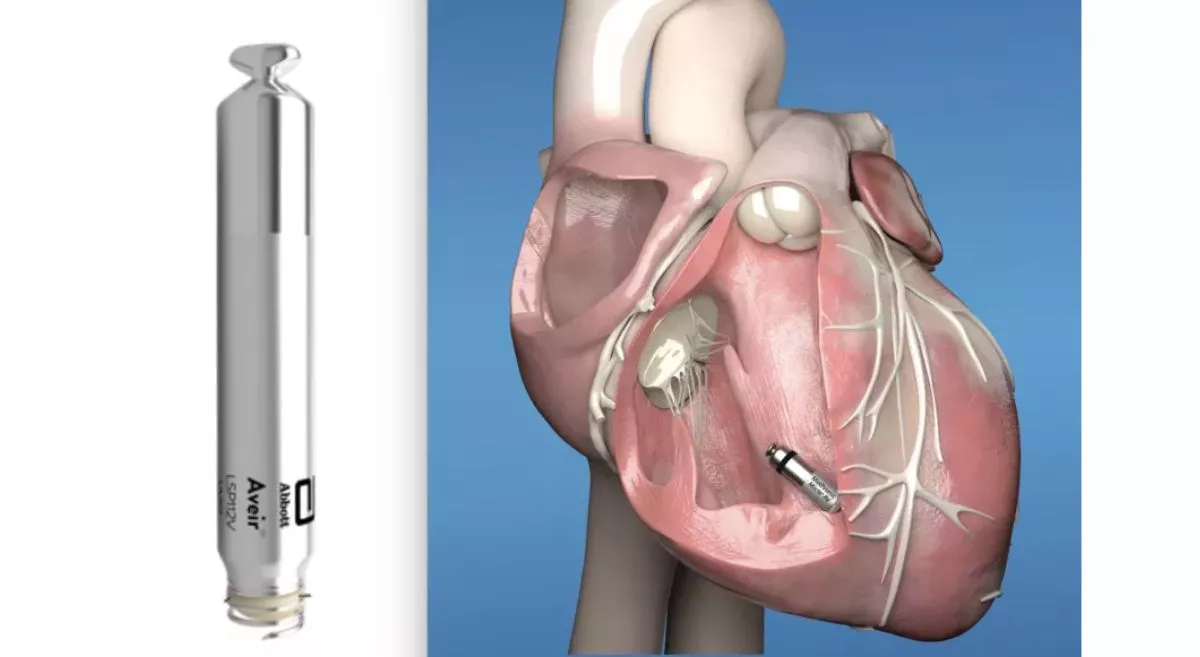Human Metapneumovirus (HMPV) is a respiratory virus that has garnered attention due to its potential severity, particularly in vulnerable populations. Understanding whether the HMPV virus is dangerous involves examining its symptoms, causes, risks, and treatment options.
Is HMPV Virus Dangerous?
The question of whether the HMPV virus is dangerous can be nuanced. In most cases, HMPV causes mild to moderate respiratory symptoms similar to a common cold. However, it can lead to severe complications, especially in high-risk groups such as infants, the elderly, and individuals with compromised immune systems or pre-existing respiratory conditions. Severe cases may result in bronchiolitis, pneumonia, or acute respiratory distress syndrome. Therefore, while the HMPV virus is dangerous for certain populations, healthy individuals typically experience milder symptoms.
Decoding: HMPV Symptoms, Causes and Treatment
Understanding the symptoms of human metapneumovirus (HMPV) is essential for ensuring timely medical intervention. The most prevalent symptoms associated with HMPV include a persistent cough, wheezing, and difficulty breathing, which may progress to more severe respiratory distress. Additionally, individuals may experience a runny or stuffy nose, fever, chills, and general fatigue. Recognising these signs early can make a significant difference in managing the illness effectively.
Common Symptoms of Respiratory Infections:
a) Cough: A persistent cough is often one of the most noticeable symptoms, which can be dry or productive, producing mucus that may vary in color and consistency.
b) Fever: A rise in body temperature is a common indicator of infection, signaling the immune system's active response. It may be accompanied by chills and sweating as the body attempts to regulate itself.
c) Nasal Congestion: This symptom can create a feeling of pressure in the sinuses, making it difficult to breathe through the nose. It may also lead to headaches and a reduced sense of smell.
d) Sore Throat: Characterised by pain or discomfort, a sore throat can make swallowing difficult and may be accompanied by redness or swelling in the throat.
e) Shortness of Breath: This particular symptom can be alarming, especially in severe cases. It may manifest as a feeling of tightness in the chest or an inability to take deep breaths, indicating a potential escalation of the underlying condition.
The severity of these symptoms can vary widely based on an individual's age and overall health status. For instance, while healthy adults might experience mild symptoms that resolve within a week or two, the elderly and those with underlying health issues face a higher risk of severe outcomes.
Causes of HMPV
The exact causes of HMPV infections are not fully understood, but it spreads primarily through respiratory droplets when an infected person coughs or sneezes.The virus spreads during winter and early spring, just like other respiratory viruses. Understanding these causes helps in implementing preventive measures.
Treatment Options for HMPV
Right now, there is no specific antiviral treatment for HMPV. The focus remains on supportive care to alleviate symptoms. Common approaches include:
a) Rest and Hydration: Both are crucial components for effective recovery. Ensuring adequate sleep allows the body to heal and repair itself, while hydration helps to maintain electrolyte balance, supports bodily functions, and aids in the elimination of toxins. Aim to drink plenty of fluids, such as water, herbal teas, or clear broths, which can also help soothe the throat and keep mucous membranes moist.
b) Over-the-Counter Medications: Medications can help alleviate symptoms such as fever, headaches, and body aches. Acetaminophen is often preferred for its gentle nature on the stomach, while ibuprofen can additionally reduce inflammation. Be sure to follow dosing instructions carefully and consult with a healthcare professional if you have any pre-existing conditions or are taking other medications, as interactions may occur.
c) Nasal Decongestants: These medications effectively relieve nasal congestion caused by colds or allergies by targeting blood vessels in the nasal passages, reducing swelling and opening blocked airways. Available in oral tablets, nasal sprays, and drops, they provide rapid relief. However, it's important to follow dosing instructions to avoid rebound congestion, which can worsen symptoms after stopping the medication.
d) Humidifiers: Using a humidifier enhances air quality by adding moisture to dry indoor air, alleviating irritation in the respiratory tract and relieving symptoms like a scratchy throat and cough. They're particularly helpful during winter or in dry climates, especially for those with allergies or asthma. Regular cleaning is essential to prevent mold and bacteria buildup, ensuring the humidifier's benefits.
In severe cases, particularly among those at high risk, supplemental oxygen or hospitalisation may be necessary. It's important to note that antibiotics are only recommended if a secondary bacterial infection develops since they are ineffective against viruses.
Risks Associated with HMPV
The risks associated with HMPV infections are significant for vulnerable populations. Infants and young children may develop bronchiolitis, while older adults and immunocompromised individuals can experience severe respiratory complications like pneumonia. Monitoring symptoms closely and seeking timely medical intervention is vital for managing severe cases effectively.
Pulmonology Hospitals in India
For individuals experiencing severe symptoms or complications from HMPV, seeking care at a specialised facility is essential. There are several reputable pulmonology hospitals in India that offer advanced care for respiratory illnesses. These hospitals are equipped with experienced pulmonologists who can provide accurate diagnoses and effective treatment plans tailored to individual needs.
Conclusion
While the HMPV virus is dangerous, particularly for vulnerable populations, many individuals recover without complications. Recognising HMPV symptoms, understanding its causes, and knowing the available treatment options can help mitigate risks associated with this virus. If you or someone you know experiences severe symptoms related to HMPV, consulting a specialised pulmonology hospital in India is crucial for effective management and care.





